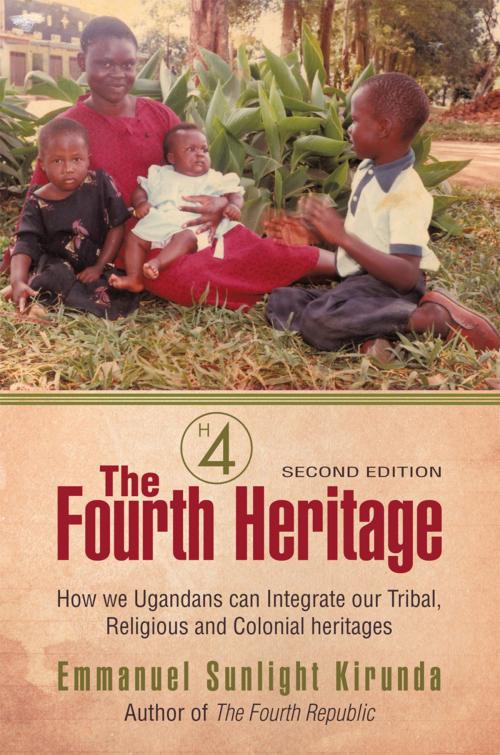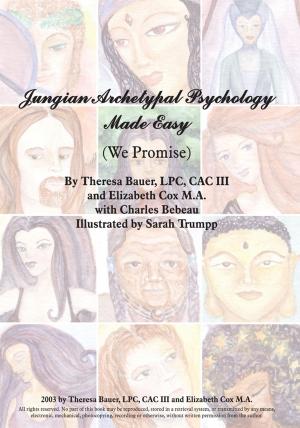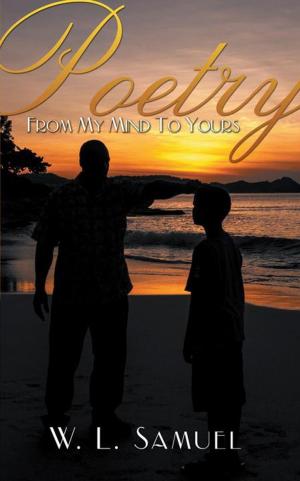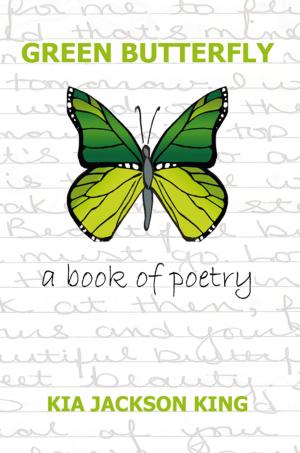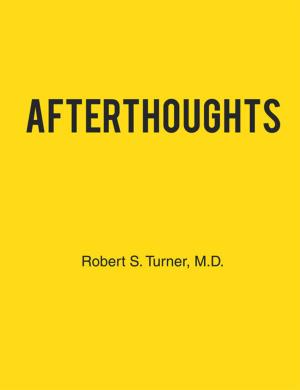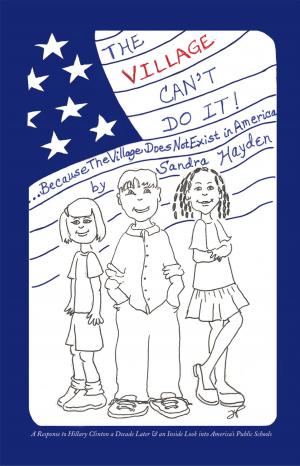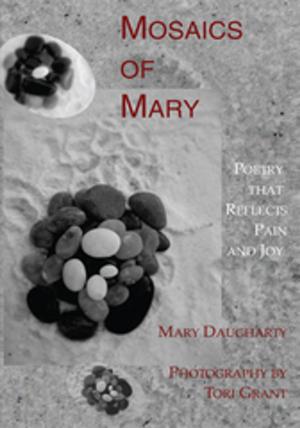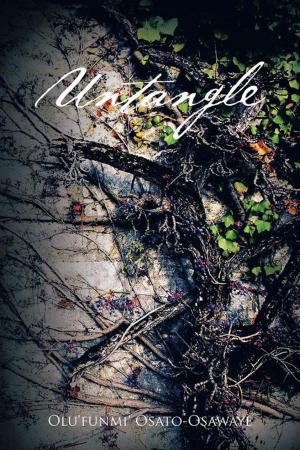The Fourth Heritage
How We Ugandans Can Integrate Our Tribal, Religious and Colonial Heritages.
Nonfiction, Social & Cultural Studies, Social Science, Cultural Studies, Ethnic Studies| Author: | Emmanuel Sunlight Kirunda | ISBN: | 9781456737832 |
| Publisher: | AuthorHouse | Publication: | March 11, 2011 |
| Imprint: | AuthorHouse | Language: | English |
| Author: | Emmanuel Sunlight Kirunda |
| ISBN: | 9781456737832 |
| Publisher: | AuthorHouse |
| Publication: | March 11, 2011 |
| Imprint: | AuthorHouse |
| Language: | English |
This is a must-read for anyone interested in learning about the African tribal mind and its interpretation of the world as dominated by Eurocentric ideals. In a brutally honest and yet reflective writing, Mr. Kirunda offers his critique with a uniquely African perspective. Written in the authors third languageEnglish this book attempts to use simple yet powerful reasoning to advocate a paradigm shift in the way Ugandans look at their Tribal, Religious and European/Colonial heritages. In an analytical and creative style rare to many African writings, Mr. Kirunda vividly describes his tribal life and the impact his parents had on his worldview. He then offers an unusually cold and intimate analysis of: the cultural confusion within the Uganda society, his personal hypothesis of why the Americans, Germans and Japanese are economically and intellectually developed, the two hindrances to development in Uganda, and his personal creative proposal of The Fourth Heritage as a way to integrate the triple heritages and also solve the two hindrances. Lastly, he generalizes his thesis to accommodate Kantian moral philosophies and offers a thrilling discussion of the scientific account of humanitys origin in East Africa and what that means for our human heritage.
This is a must-read for anyone interested in learning about the African tribal mind and its interpretation of the world as dominated by Eurocentric ideals. In a brutally honest and yet reflective writing, Mr. Kirunda offers his critique with a uniquely African perspective. Written in the authors third languageEnglish this book attempts to use simple yet powerful reasoning to advocate a paradigm shift in the way Ugandans look at their Tribal, Religious and European/Colonial heritages. In an analytical and creative style rare to many African writings, Mr. Kirunda vividly describes his tribal life and the impact his parents had on his worldview. He then offers an unusually cold and intimate analysis of: the cultural confusion within the Uganda society, his personal hypothesis of why the Americans, Germans and Japanese are economically and intellectually developed, the two hindrances to development in Uganda, and his personal creative proposal of The Fourth Heritage as a way to integrate the triple heritages and also solve the two hindrances. Lastly, he generalizes his thesis to accommodate Kantian moral philosophies and offers a thrilling discussion of the scientific account of humanitys origin in East Africa and what that means for our human heritage.
